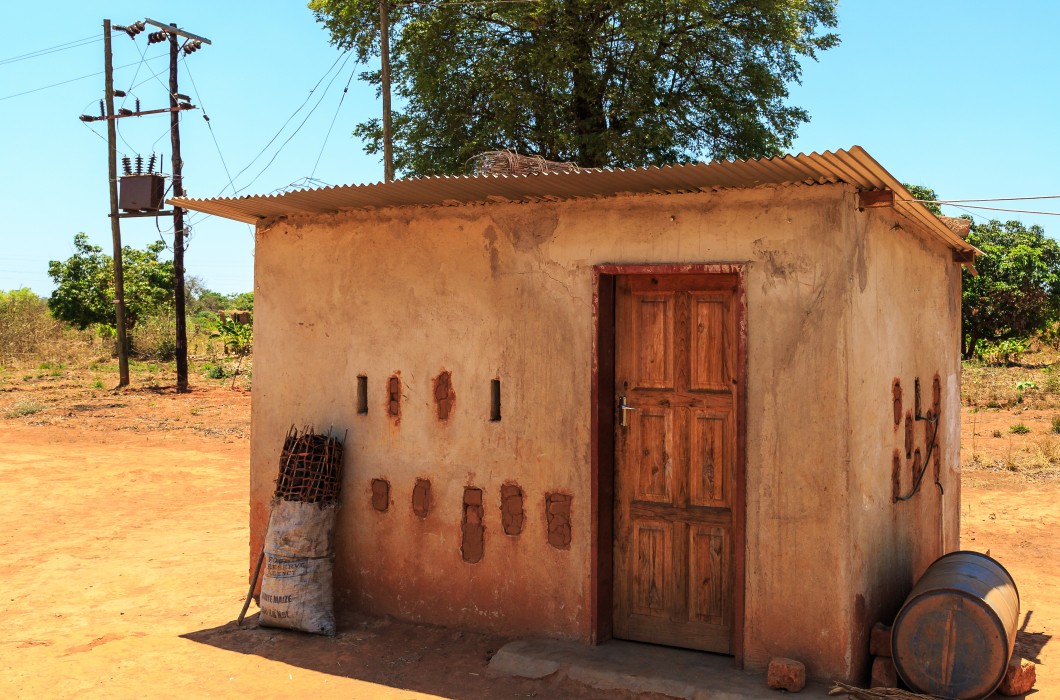Client
Projet d’Urgence de Réhabilitation du Secteur de l’Électricité (PURE)
project Description
In 1994, Côte d’Ivoire opened up its electricity sector to private operators, which installed the country’s first power plants powered by natural gas. Using natural gas to produce electricity has allowed the state to develop this natural resource. These natural-gas power plants supply over 70 percent of its nationwide electricity production, having thus ended the preference for hydroelectricity, which began in the 1980s.
It was in this new context that a tariff structure study was commissioned to establish a new structure and an adjustment mechanism intended to help ensure the long-term economic and financial balance in the electricity sector.
Having defined this new tariff structure, the Côte d’Ivoire Government wished to evaluate the social impact of the application of the new tariff established by the tariff study. The principal objective of the current study has been to examine the consequences that the application of the proposed new tariff structure could have on the living conditions of the economically vulnerable groups among the Côte d’Ivoire population.
Econoler, in partnership with EGIS EAU, was mandated by the World Bank’s Urgent Electricity Rehabilitation Project (PURE) to conduct this evaluation.
Highilights
The mandate assigned to Econoler consisted of the following tasks:
- Study the sensitivity of the population to the public services tariff;
- Propose an appropriate method to divide the population into homogeneous groups on the basis of their levels of income;
- Conduct a comparative analysis of the economic and social problems associated with the levels of electricity consumption;
- Analyze the current program to improve access to electricity;
- Examine the thresholds of increase so as not to exceed the tariffs proposed by the new tariff study;
- Propose some measures to help eliminate, reduce or relieve the economic and social pressure resulting from various tariff increases;
- Identify the major limitations, weaknesses and uncertainties of the study.
At the end of the mandate, the results of the study provided the decision-makers in the electricity sector with enough information to:
- Understand the distribution of households in homogeneous income groups in urban, suburban and rural areas;
- Compare the electricity prices of the countries at a development level similar to that of Côte d’Ivoire;
- Determine the tariff levels affordable for low-income households;
- Anticipate the impact of any possible tariff increase on poverty in Côte d’Ivoire;
- Define a level of tariff increase that will maintain social stability.



